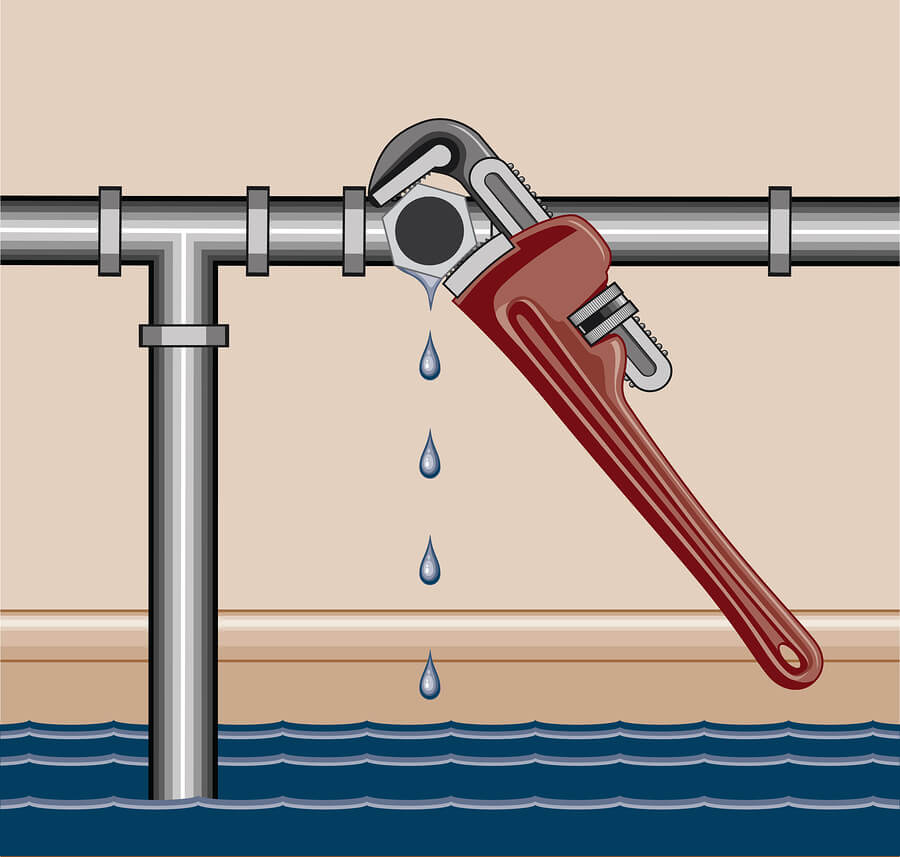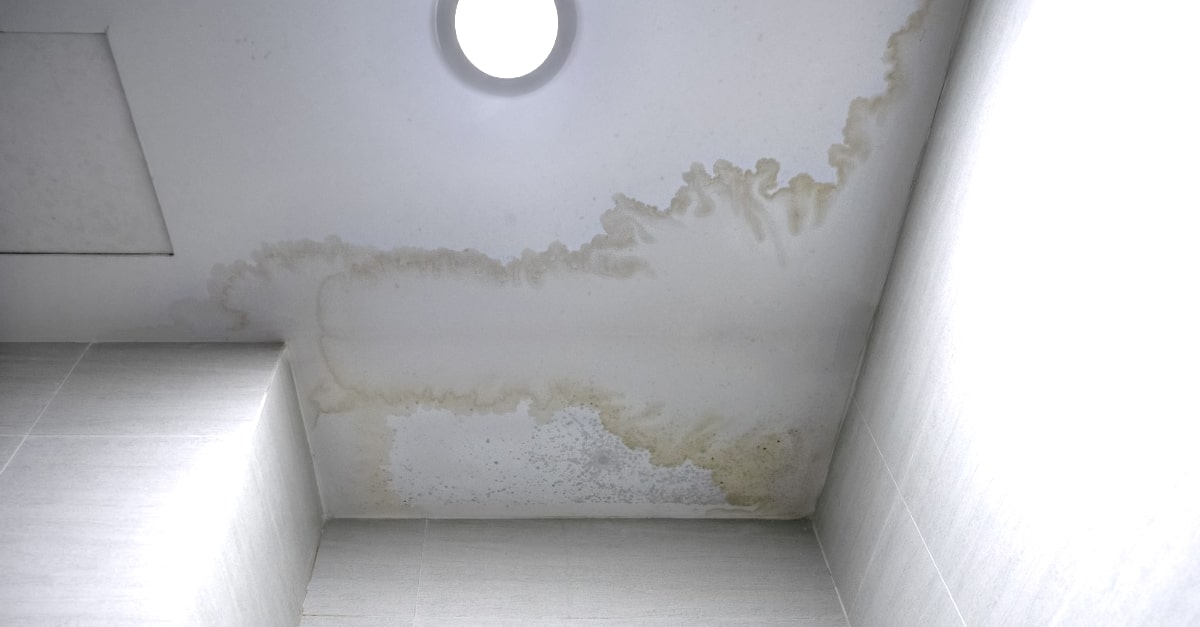The Home's Most Common Triggers of Leak Problems: Thorough Investigation
The Home's Most Common Triggers of Leak Problems: Thorough Investigation
Blog Article
Just about everyone may have their personal concepts with regards to Common Water Leaks In House.

Leaks not only create waste of water yet can additionally trigger unnecessary damage to your residence and also promote unwanted natural growth. Unfortunately, water leakages may go unnoticed given that a lot of the pipework in our home is concealed. By understanding and also looking for daily situations that trigger leaks, you can secure your home from future leakages and also unneeded damages. Today, we will take a look at six leakage triggers that may be creating your pipelines to leak.
Elbowing in origins
The majority of water leakages start outside the house rather than inside it. You may see wet spots or sinkholes in your backyard, as well as that could indicate that tree roots are getting into water lines creating water to seep out.
Corroded water systems
This might be the cause of discoloration or warping on your water pipes. If our plumbing system is old, take into consideration replacing the pipelines since they are at a higher threat of corrosion than the more recent designs.
Malfunctioning Pipe Joints
The point at which your pipelines link is often the weakest web link in the waterline. Pipe joints can degrade gradually, resulting in water leakages. The bulk of pipeline joints are not quickly visible. If you have loud pipelines that make ticking or banging sounds, especially when the hot water is switched on, your pipe joints are most likely under a great deal of pressure. It is recommended to have your plumber check your system once a year.
Instantaneous temperature level changes.
Severe temperature level modifications in our pipelines can trigger them to increase and also contract all of a sudden. This expansion as well as tightening might cause cracks in the pipes, especially if the temperature are listed below cold.
Poor Water Connectors
Sometimes, a leakage can be caused by loose hose pipes as well as pipelines that provide your appliances. Usually, changing is what creates the loosened water Connections. You might discover when it comes to a cleaning device, a hose pipe may spring a leak due to trembling during the spin cycle. In case of a water connections leakage, you may notice water running directly from the supply line or pools around your home appliances.
Blocked Drains
Obstructed drains pipes could be aggravating as well as inconveniencing, but they can in some cases wind up creating an overflow resulting in rupture pipelines. Maintain removing any materials that may drop your drains that could block them to prevent such troubles.
All the above are causes of leaks yet not all water leakages arise from plumbing leakages; some leakages may come from roofing system leaks. All leaks should be fixed quickly to stay clear of water damages.
Leakages not only cause waste of water yet can likewise trigger unnecessary damages to your home and also advertise unwanted natural growth. By looking and comprehending for everyday scenarios that trigger leaks, you can shield your home from future leakages as well as unnecessary damage. Today, we will look at six leakage causes that may be causing your pipelines to leak.
At times, a leakage can be created by loosened hose pipes and also pipes that provide your appliances. In situation of a water links leak, you may observe water running straight from the supply line or puddles around your appliances.
How To Check For Water Leak In Your Home
How To Check for Leaks
The average household's leaks can account for nearly 10,000 gallons of water wasted every year and ten percent of homes have leaks that waste 90 gallons or more per day. Common types of leaks found in the home are worn toilet flappers, dripping faucets, and other leaking valves. These types of leaks are often easy to fix, requiring only a few tools and hardware that can pay for themselves in water savings. Fixing easily corrected household water leaks can save homeowners about 10 percent on their water bills.
To check for leaks in your home, you first need to determine whether you're wasting water and then identify the source of the leak. Here are some tips for finding leaks:
Take a look at your water usage during a colder month, such as January or February. If a family of four exceeds 12,000 gallons per month, there are serious leaks.
Check your water meter before and after a two-hour period when no water is being used. If the meter changes at all, you probably have a leak.
Identify toilet leaks by placing a drop of food coloring in the toilet tank. If any color shows up in the bowl after 10 minutes, you have a leak. (Be sure to flush immediately after the experiment to avoid staining the tank.)
Examine faucet gaskets and pipe fittings for any water on the outside of the pipe to check for surface leaks.
Undetected water leaks can happen without the home or business owner even realizing. If you suspect a water leak, but not able to find the source. It is time to contact a professional water leak detection service, The Leak Doctor.
How To Find a Water Leak In Your Home
https://www.leakdoctor.com/blog/How-To-Check-For-Water-Leak-In-Your-Home_AE197.html

As a devoted person who reads on How to detect water leaks in your home, I figured sharing that excerpt was important. I beg you take the opportunity to share this page if you appreciated it. Thanks a lot for your time. Kindly come by our website back soon.
Burst pipes? Get immediate help. Report this page